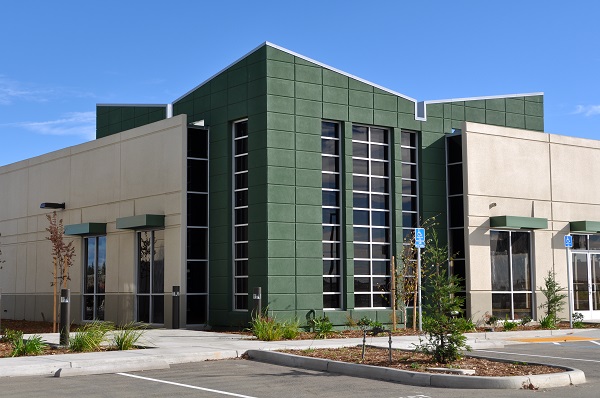
One of the critical decisions a small business must make is whether to lease or purchase the property where it plans to conduct business. For a variety of reasons, small businesses typically choose to lease property. This arrangement has certain benefits, such as increased access to capital. Conversely, leasing may have drawbacks, such as the inability to take advantage of specific tax breaks associated with the purchase of a business property. Below is a summary of some of the most important factors to consider in determining whether a commercial lease is suitable for your business.
Capital availability. Small businesses often choose to lease because they may not have access to large sums of capital, particularly at the beginning of a business venture. Purchasing a property decreases the amounts of funds available for other business necessities, such as inventory, payroll and marketing. Thus, leasing is optimal for small businesses with imminent capital demands.
Financing flexibility. A business that leases rather than purchases a property has increased flexibility in its funding options. A small business that may have difficulty obtaining financing is generally more likely to procure funds when leasing, rather than purchasing, a business premise. In addition, the lending institution may offer more lenient terms for a lease, including spreading the lease over a longer period of time than an outright loan.
Business needs. In some cases, it is important to retain the ability to change locations, and expand or terminate operations promptly without significant complications. A lease allows a business that foresees changes in the short term to easily modify its operations.
Contractual provisions. One disadvantage to leasing property is that the tenant may be subject to substantial restrictions and rigorous rent increase provisions. Tenants must also commit to maintaining the property as per the terms of the lease. Commercial tenants generally have far fewer legal protections; thus, a tenant with significantly less bargaining power may be subject to a number of unfavorable provisions.
Taxes. A small business owner who purchases property has the benefit of certain tax benefits. Property owners can claim depreciation on their property, while business owners who rent property cannot generally depreciate that property. Property owners can also deduct mortgage interest expense and recurring costs.
Long term investment value. Business owners may opt to purchase their business properties if they believe that the property is a promising long-term investment.
Contact Shane Coons at 949-333-0900 or visit his website at www.ShaneCoonsLaw.com to find out more about his practice.
